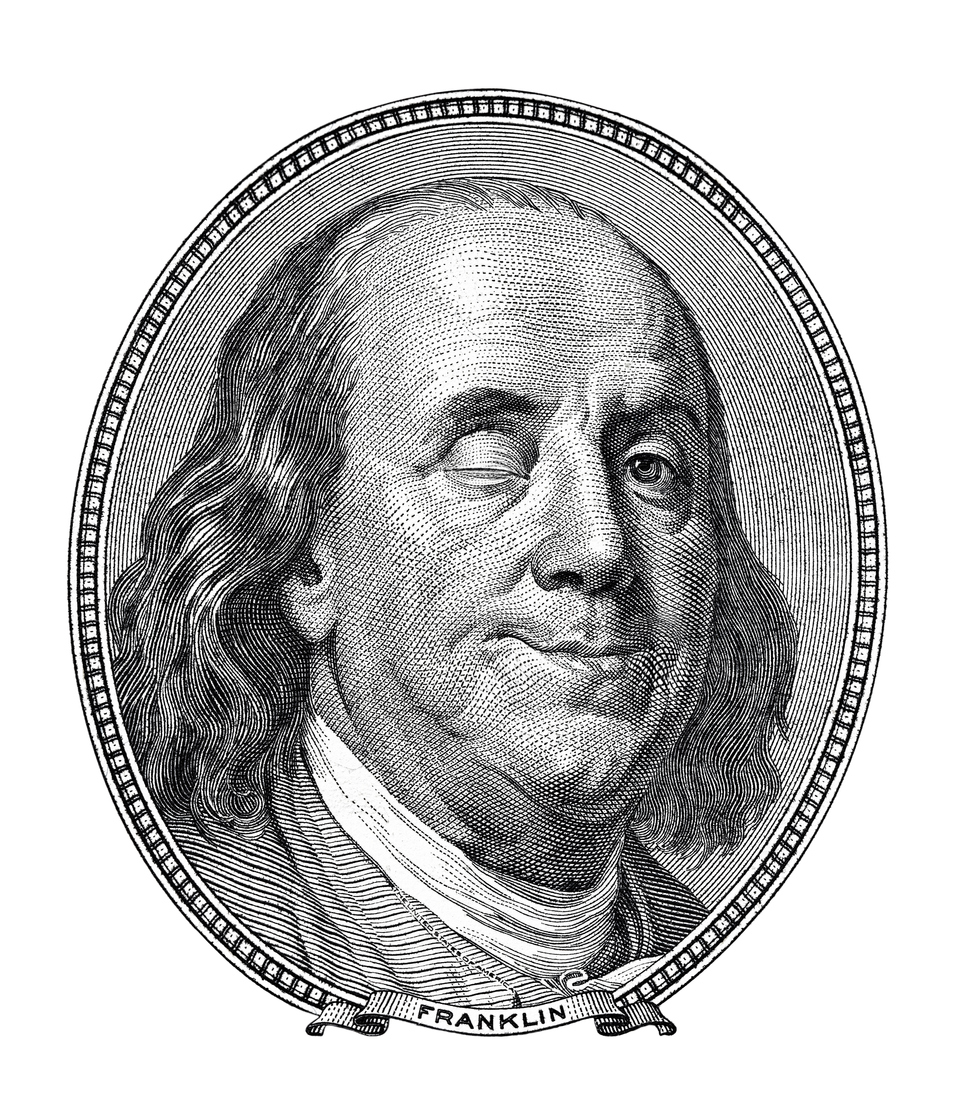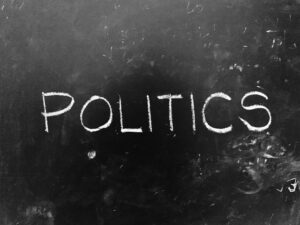As American parents confront the leftist claim that their children’s beliefs about the world are so distorted by culture and family as to require a dramatic adjustment, it is worth remembering that this isn’t a new argument. Neither is it a new argument that students can be “woken” to a deeper and more “humane” vision of reality with an improved curriculum.
For almost two centuries — from the founding of our country to sometime in the early 1960s — one of the most widely used texts in American schools was Benjamin Franklin’s “Autobiography.” It was used to impart the value of one virtue in particular that flies against the latest cultural fads: Humility.
Generations of students enjoyed this fascinating account of Franklin’s accomplishments as an entrepreneur, inventor, and diplomat, but it was the author’s retelling of a transformational incident from his early life that prompted so many teachers to make the book required reading.
In 1730, Franklin was still a struggling young printer in Philadelphia. He had accepted the invitation of a local minister to attend a series of sermons on morality but was so put off by the cleric’s boring presentation he soon decided to forgo the rest.
Yet the subject of intentional character improvement continued to fascinate Franklin, and it eventually inspired the idea for what many consider the New World’s first psychology experiment. He decided to make a list of all the personality traits most people regarded as good or admirable — virtues like sincerity, temperance, frugality — and then to practice each one for several days to see what effect it might have on his life.
“I made,” he later recalled, “a little book, in which I allotted a page for each of the virtues … I determined to give a week’s strict attention to each … marking every evening the faults of the day.”
Unsurprisingly in Franklin’s case, the trait of humility wasn’t on his original list. It was added at the last minute only after he described his project to a Quaker friend, who promptly told Franklin that he was generally thought arrogant and self-centered: “[The Quaker] kindly informed me that I was generally thought proud; that my pride showed itself frequently in conversation; that I was not content with being in the right when discussing any point but was overbearing and rather insolent.”
Equally unsurprising was that humility turned out to be an especially difficult virtue for Franklin to master. His first efforts were so stumbling and inconsistent that he had to make it a hard “rule to forebear all direct contradiction to the sentiments of others,” even expressions “that imported a fix’d opinion, such as certainly, undoubtedly, and so on.” It was not until he persisted “with some violence to natural inclination” that the effort finally became easier.
Looking back on this self-experiment years later, Franklin admitted his willingness to force himself to be (or at least to sound) humble, more than anything else, was responsible for the respect and affection he elicited throughout the rest of his life. “And to this habit … I think it principally owing,” he wrote, “that I had early so much weight with my fellow citizens … and so much influence in public councils when I became a member.”
As political scientist Steven Forde notes, it’s difficult to overestimate the number of subsequent children whose lives were changed by Franklin’s self-study, not only in American schools but worldwide. Franklin’s “Autobiography” was constantly reprinted in Europe through the 19th century and was even influential in Japan. For decades, excerpts highlighting his personal transformation were featured in the famous McGuffy readers, 1st-6th grade primers whose sales between 1836 and 1960 were just short of the Bible and “Webster’s Dictionary.”
Perhaps most striking of all was the extent to which Josiah Henson, Harriet Jacobs, Frederick Douglass, Booker T. Washington, and many other early black American leaders both admired and emulated Franklin’s example. Coming down to our own time, Dr. Martin Luther King Jr’s famously expressed hope that his children would be judged, “not by the color of their skin, but by the content of their character,” has led more than one historian to note a close philosophical kinship with Franklin.
Today’s critical race theorists who stress the moral necessity of raising racial consciousness seem to have forgotten the central importance of cultivating morality. Forcing students to calculate their privilege or to confess some supposed ancestral guilt does far more to promote conformity than character development.
Do today’s leftist activists ignore Franklin’s wisdom because true moral progress is open-ended, with no guarantee that one who attempts it will come around to a preferred ideology, or do they ignore Franklin’s wisdom because secularism has convinced the woke that goodness, in of itself, is never properly rewarded? Sadly, it’s probably a combination of both.
It might be interesting for leftist educators and their community allies to take a few weeks off from trying to change school curricula and instead, like Franklin, “forebear all direct contradiction to the sentiments of others,” even expressions “that imported a fix’d opinion.” Who knows what a little experiment in self-imposed humility could teach those who seem so confident of their right to judge and control others?





